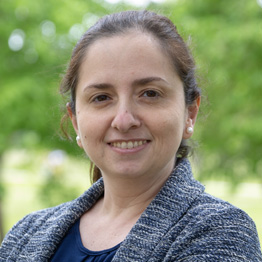Doctoral Thesis
Family mediation
Analysis of interactions and lines for their improvement and social promotion.
In the contemporary judicial context, there is a growing interest in restorative justice models and alternative methods of conflict resolution that humanize and make processes with possible judicial implications more accessible. These models promote the use of practices that allow the parties involved in a conflict to participate in the construction of agreements through more reflective and collaborative communicative exchanges.
Within this approach, family mediation has become an essential resource in situations of conflict in the family environment -such as divorce, custody or problems between family members-, offering an alternative to the traditional judicial route. Through a voluntary, confidential process facilitated by an impartial mediator, family mediation allows the parties to communicate effectively and collaborate in the search for satisfactory agreements, promoting attention to the needs of the family group and avoiding the partial or complete judicialization of the conflict.
The Family Mediation Service, offered as a public service by the Government of Navarra, attends some 300 cases annually, with more than 85% of satisfactory agreements that allow mitigating or resolving the conflicts present in them, demonstrating its effectiveness in the transformation of family ties that are threatened or deteriorated.
The present research, developed in the framework of the InMedio and MultiDeMe projects, explores the linguistic-discursive interaction that constitutes the core of any family mediation session based on a corpus of recordings provided by the Family Mediation Service (department of Social Rights, Economics and employment of the Government of Navarra).
THIS RESEARCH STUDIES THE LINGUISTIC-DISCURSIVE INTERACTION OF FAMILY MEDIATION SESSIONS AND IDENTIFIES AREAS FOR IMPROVEMENT AND NEW STRATEGIES.
Doctoral candidate:

Nadia Aldunate Martín
naldunatema@unav.es
1
To analyze the interactive and linguistic dynamics of family mediation sessions, understood as a complex communicative internship , applying pragmatic, interactive and multimodal models of language analysis to understand how linguistic-discursive interactions influence the mediation process.
2
Identify areas for improvement and strategies to strengthen and promote family mediation, making this internship a more effective and accessible resource in the resolution of social conflicts.
 Inés Olza
Inés Olza María José Gallucci
María José Gallucci